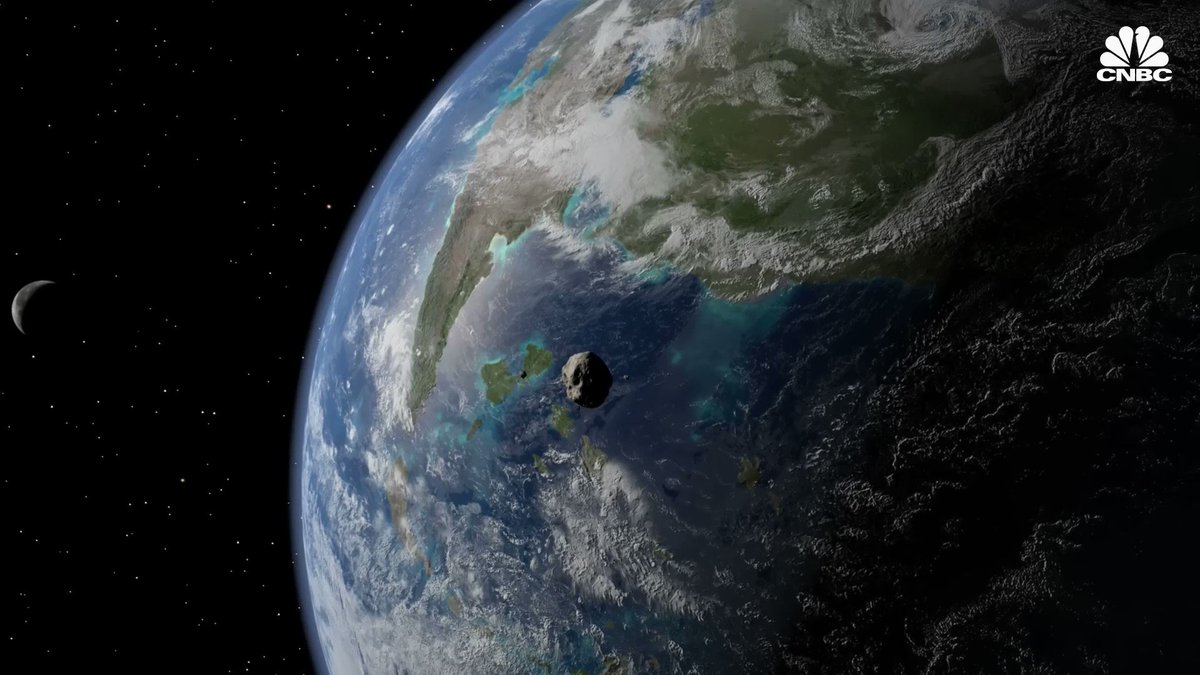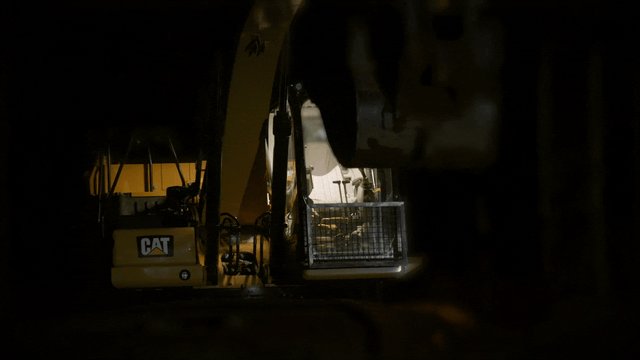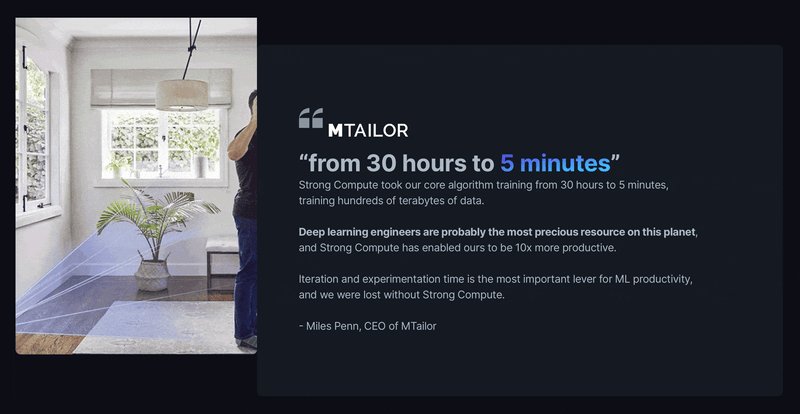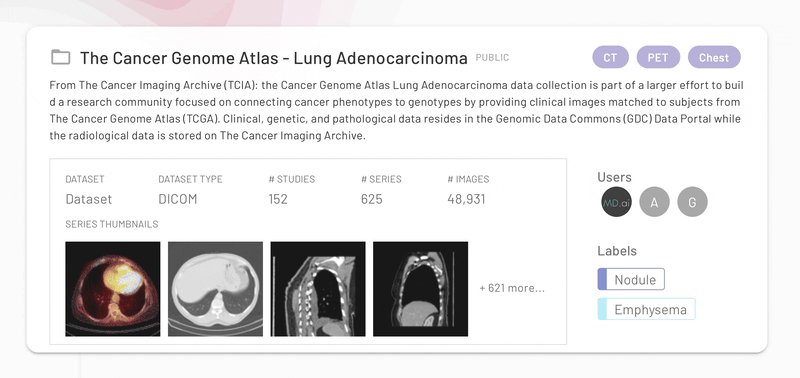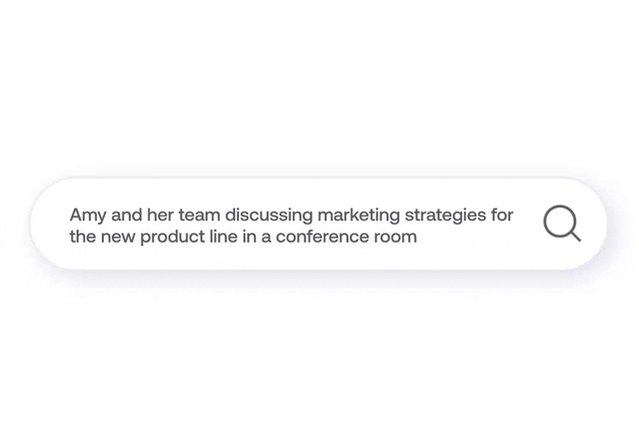☄️
@ForgeAstro is building robots to autonomously mine asteroids, returning precious materials to Earth.
Why? One asteroid can contain up to $10,000 quadrillion(!) of rare material.
This is enabled by computer vision, affordable rocket rides, and small sat maturation.
🎭
@WOMBO makes creating images with AI easy, fun, and useful.
With 130+ million downloads on iOS and Android and 2 billion images created, they are likely the largest consumer AI startup around.
My 8-year-old uses
@WOMBO like I did Photoshop way back when. So fun.
⛑
@BiofireUSA protects kids from guns using AI.
@BiofireUSA is building a handgun that only fires for the authenticated owner, ensuring that kids don’t stumble upon a gun and tragically lose their life.
Imagine incredibly low-latency and accurate FaceID-like auth for guns.
🎨 What if video editing was reinvented with AI? Enter
@runwayml, which enables complex videos to be created with AI in minutes vs. days.
Not only does
@runwayml speed up creation, they also enable wild ideas that exist only in your mind to come to life.
https://t.co/lkqNeCKrfG
🔋
https://t.co/50DyEIObrZ automates the disassembly of EV batteries with AI.
We cannot rely on mining lithium to fuel EV expansion, and human disassembly of EV batteries is dangerous and slow.
The solution: autonomous robots disassembling batteries, powered by machine vision!
🧠 To efficiently scale AI, Geoffrey Hinton believes we need an entirely new computer—likely neuromorphic.
@Rain__AI is working on precisely that, pioneering a neuromorphic processing unit (NPU) that's 10,000x more efficient, delivering what comes after the GPU & deep learning.
⛏️
https://t.co/CJmiEnOqiV transforms existing earth-moving machines into fully autonomous machines with AI.
How much more could we build on our planet if we had a low-cost, around-the-clock workforce of robot earth-moving machines? A lot!
☁️
@StrongCompute is speeding up training ML models by 10x-1,000x.
The amount of unproductive time in ML today is staggering, which is why
@StrongCompute is growing so fast.
One customer: “Strong Compute took our core algorithm training from 30 hours to 5 minutes.”
🩻 We know AI can dramatically improve detecting health issues in medical imaging, and
@md_ai_ is where that AI is being built.
With
@md_ai_, you can create or browse the best medical datasets in the world, and then train and deploy state-of-the-art medical ML models.
🚜
@PolymathRobots has built true plug-and-play AI for industrial vehicles.
Think about enabling thousands of vehicles in rail yards, mines, airports, and fields to drive by themselves.
@PolymathRobots's key insight is reducing integration time with sim, and it’s working.
📸
@opalcamera has built a beautiful webcam augmented with AI, producing DSLR-like image quality for only $300.
They tightly integrated a 4K mirrorless lens, beamforming mics, and computer vision to deliver the best webcam out there.
🎥
@twelve_labs has developed the world’s best video search, powered by state-of-the-art AI.
Imagine being able to search millions of videos with complex questions, with AI pin-pointing non-obvious but relevant scenes.
Basically, useful video search is finally here.
Thanks to these startups and others, the future will be awesome. If you're building something similarly great, please DM me.
Here are a bunch more super cool AI startups to check out.
https://t.co/qI1nu8HMNV
